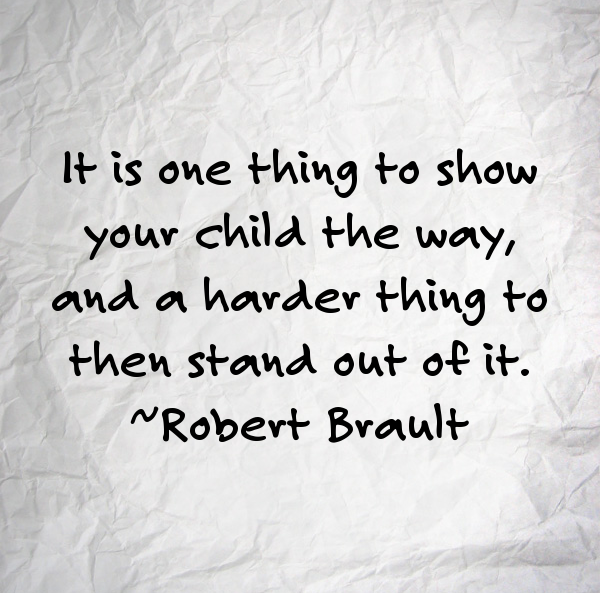Tena koutou katoa. Nga mihi nui atawhai.
Tap, tap, tap. “Don’t keep hitting your wooden hammer on the window because it might break.” Tap, tap, tap, crack. “Oops.”
“What did I tell you? Now look what you have done!”
“Sorry, mummy. I know that I should have listened to you but, sometimes, I just have to find things out for myself. Now I know, I won’t do it again. Sorry, mummy.”
Lesson #3 from Grandson: Giving well-meaning advice and warnings don’t always work. Sometimes, our children just have to find how things work for themselves – even if it is the hard way.
As parents and teachers, we are always keen to share our life experiences and understandings of the world with those who are younger in an effort to prevent them from making mistakes or keeping them from harm. Unfortunately, they don’t always heed the advice and continue on with their behaviour – until they come to their own understanding of why they might need to do things differently. And, sometimes, experience is the best teacher.
At the AIMS Games in Tauranga last week, I watched as our dedicated coaches and managers urged the girls to play to their very best, giving them advice about positioning and how to improve their game strategies. What was heartening was seeing the emphasis was also very much on making sure they enjoyed their sport, whatever the score line showed. The girls experienced great wins and also teams who were much more skilled than they were – and they still kept giving their all.
As the seniors finish their practice external assessments, we as the adults will have lots of advice on how to improve their results for the November assessments – and not all the advice will be welcomed or acted on. We need to make sure that we give our young people the opportunities to learn about mistakes and failures, preferably in situations that aren’t high stakes. That we take the time to listen to their perspective about how they might improve, help set realistic, attainable steps to improvement – and always be there to support them, no matter what.
In my many years of working with young people, what they want and need, what they want to be able to see in actions as well as words, is that they are loved unconditionally. Their behaviours might not always be what we want, but they, as a person, are always loved – even when they persist in ‘finding things out for themselves’.
This is what our faith teaches us: Love is patient, love is kind … It does not dishonour others, it is not self-seeking, it is not easily angered, it keeps no record of wrongs … It always protects, always trusts, always hopes, always perseveres. 1 Corinthians 13:4-7

